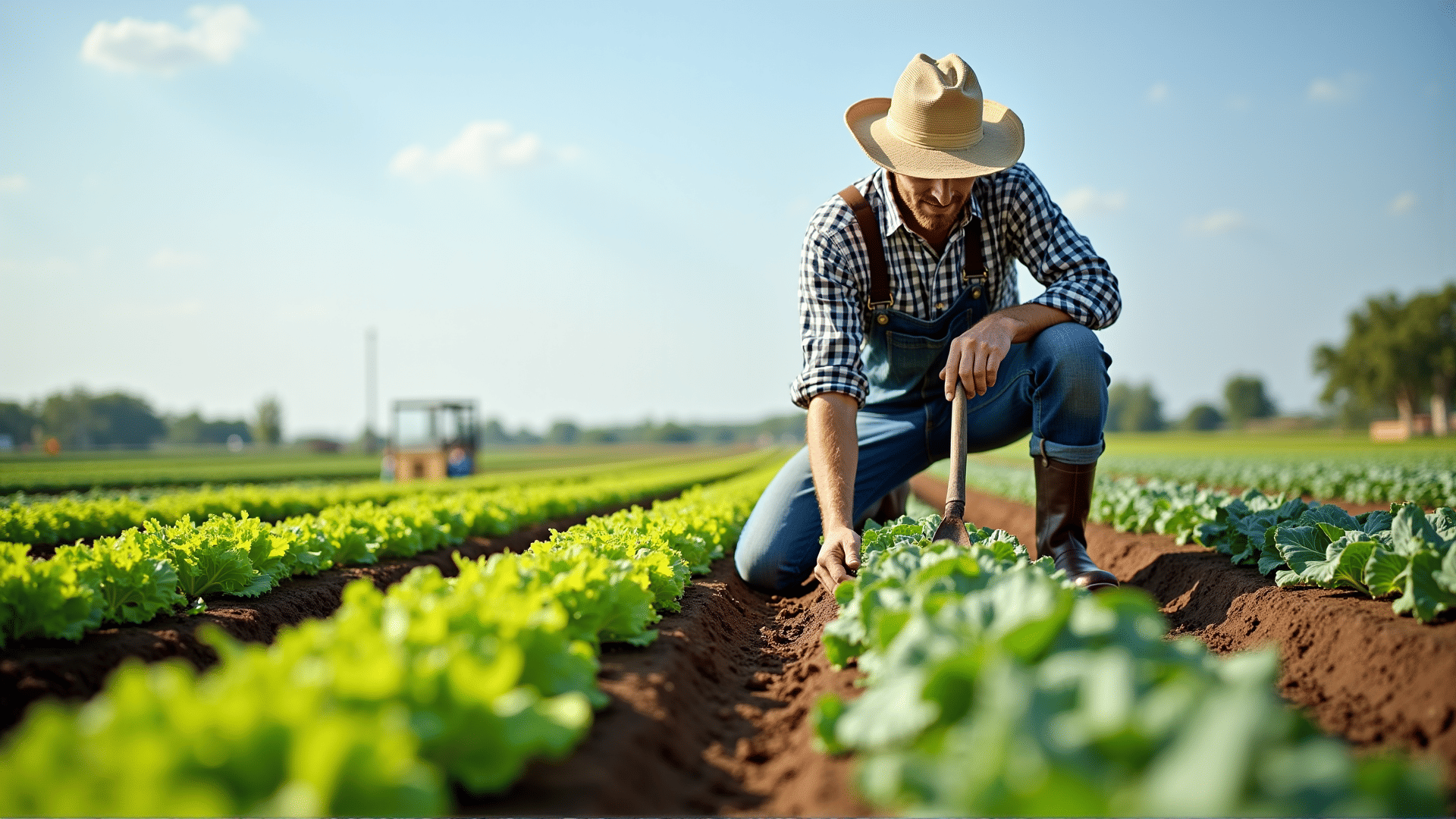Organic farming is a sustainable agricultural method that emphasizes the use of natural processes and inputs to enhance soil fertility, promote biodiversity, and produce nutrient-rich crops while minimizing the adverse impacts on the environment. This method focuses on maintaining ecological balance through various techniques that eschew synthetic chemicals in favor of natural solutions.
One of the core aspects of organic farming involves maintaining soil health. Healthy soil is the foundation of productive farming, as it supports plant growth by providing essential nutrients, water, and anchorage for roots. To achieve fertile soil, organic farmers employ crop rotation and cover cropping. Crop rotation helps prevent soil depletion, disrupts pest and disease cycles, and can even control weeds. Different plants have varying nutrient requirements; hence, alternating crop species can help in maintaining a balanced level of soil nutrients.
Cover cropping is another technique that involves planting specific crops, such as legumes or clover, which are not harvested for sale but instead help in enriching the soil. These cover crops can fix atmospheric nitrogen, adding a natural source of nitrogen to the soil, and prevent soil erosion. When these plants are eventually turned into the soil, they contribute to organic matter richness, enhancing the soil structure and its ability to retain moisture.
Composting is another vital technique in organic farming. It involves the decomposition of organic waste materials like kitchen scraps, leaves, and manure, resulting in nutrient-dense humus that can be added to the soil. Composting not only reduces waste but also recycles nutrients back into the ecosystem, supporting soil microbes that are integral to plant health.
Instead of chemical pesticides and herbicides, organic farming relies on a combination of biological pest control and mechanical methods to manage pests and weeds. Beneficial insects, such as ladybugs and predatory beetles, are encouraged to thrive and naturally keep pest populations under control. Farmers also engage in regular monitoring and manual removal of weeds and pests.
Companion planting is an additional technique used in organic farming to enhance crop production. This method involves growing certain plants together to mutually benefit each other. For instance, planting marigolds alongside vegetables can deter pests due to their pungent scent, while beans can be interplanted with corn to provide natural support and increase nitrogen content in the soil.
Additionally, organic farmers often utilize natural fertilizers such as bone meal, fish emulsion, and plant-based amendments derived from seaweed or minerals. These fertilizers supply essential nutrients without the risk of chemical runoff, preserving water quality and protecting aquatic ecosystems.
Lastly, water management is also crucial in organic farming. Techniques like drip irrigation and rainwater harvesting optimize water use, ensuring crops receive adequate hydration while minimizing wastage and conserving this vital resource.
Overall, organic farming techniques foster a more sustainable agricultural model. They do not only contribute to the health and wellbeing of the environment but also produce crops that are free from harmful chemicals, ensuring a healthier food supply for consumers. As awareness and concern for environmental issues grow, organic farming continues to offer a promising alternative for a sustainable future in agriculture.
